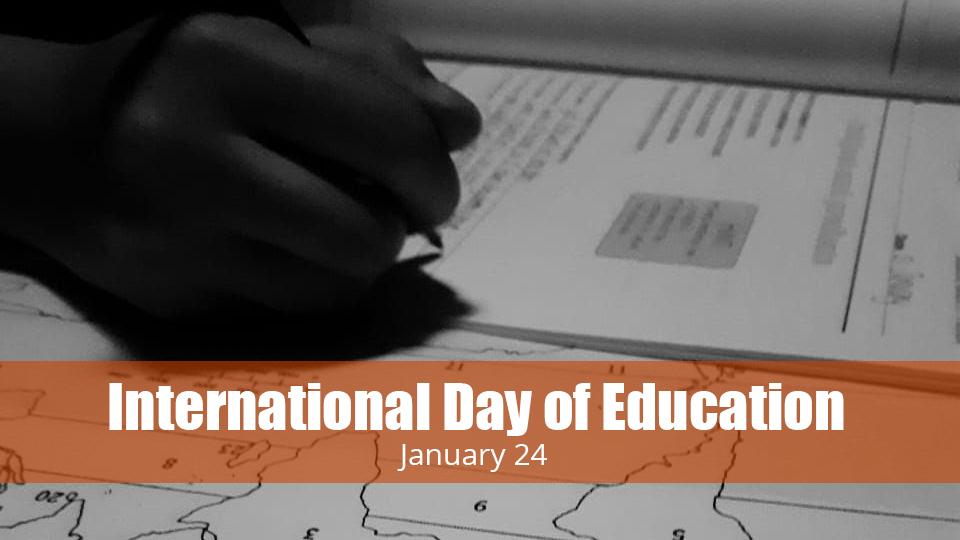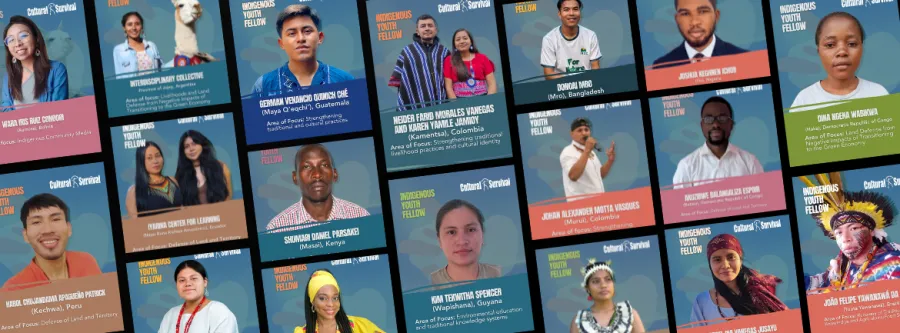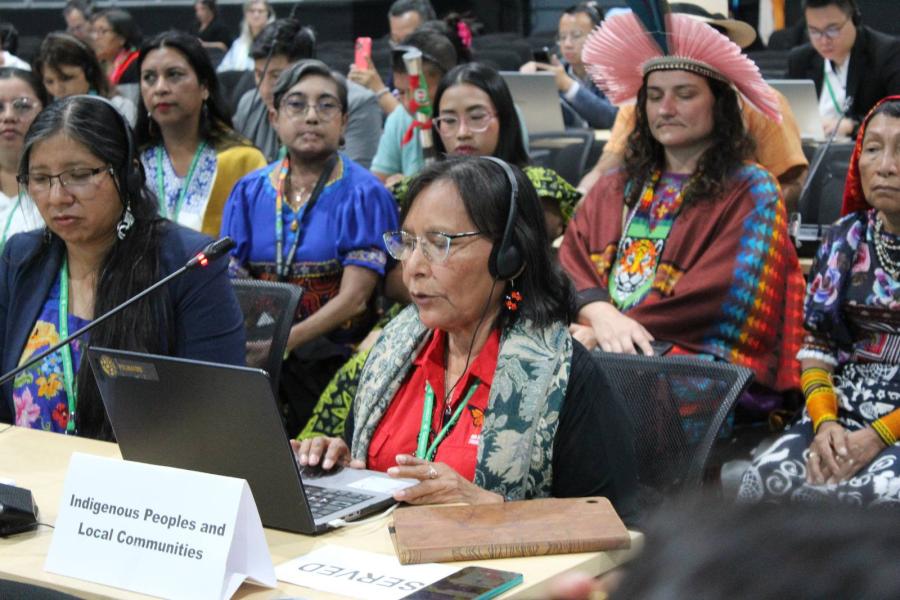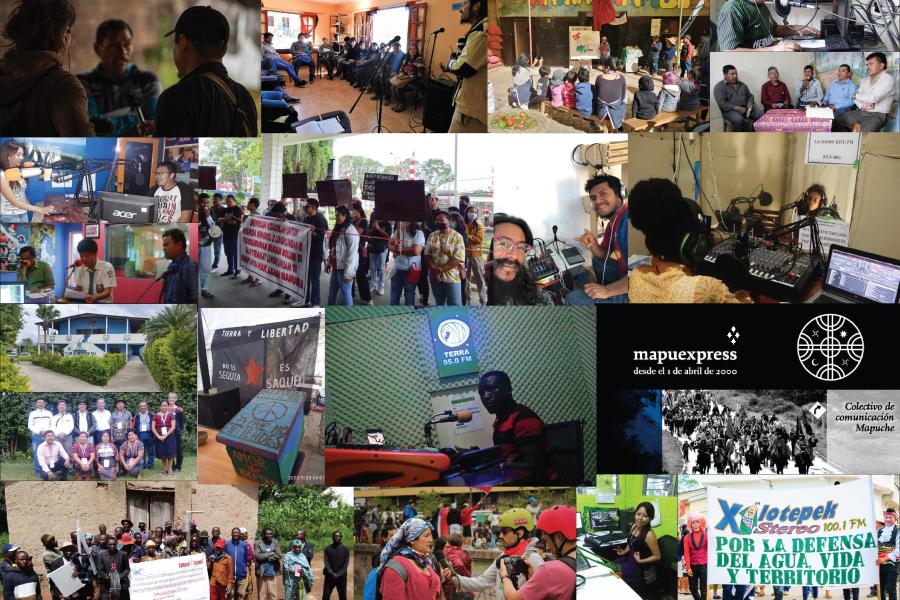
Today, January 24th is the International Day of Education.
Article 14 of the United Nations Declaration on the Rights of Indigenous Peoples states:
- "Indigenous Peoples have the right to establish and control their educational systems and institutions providing education in their own languages, in a manner appropriate to their cultural methods of teaching and learning.
- Indigenous individuals, particularly children, have the right to all levels and forms of education of the State without discrimination.
- States shall, in conjunction with Indigenous Peoples, take effective measures, in order for Indigenous individuals, particularly children, including those living outside their communities, to have access, when possible, to an education in their own culture and provided in their own language."
Take Action in Massachusetts
Support House Bill H444 – Educating Native Youth: “An Act providing for the creation of a permanent commission relative to the education of American Indian and Alaska Native residents of the Commonwealth.” The bill would take steps to provide better opportunities to students to learn their heritage, languages, and histories while preparing them for higher education. Take action to move this bill favorably out of committee!
Read about how Indigenous communities are reclaiming their languages and educational systems:
- For the first time in nearly a century, a new group of children in Oklahoma are speaking Yuchi as a mother tongue, thanks to the work of the Yuchi House.
- Each weekday since Mukayuhsak Weekuw’s (The Children's House) launch in September 2016, teachers and students from four Wampanoag Tribes in southeastern Massachusetts have met together at this private immersion school on Cape Cod—marking the first time the Wôpanâak language has been used to educate Tribal children for the majority of the learning day in more than four centuries.
- Instituto Superior Pedagógico “Quilloac” Bilingüe Intercultural in Ecuador, launched Chunkay, their Kichwa Kañari language learning app for children.
- "The transition of Maya knowledge from one generation to the next is of grave concern to the Maya youth, as they are beginning to realize they are losing their culture, heritage, identity, and eventually, their knowledge."-- Sounding of the Conch Shell Youth Camp, Belize
- "Teaching Indigenous Science” was created to help future science teachers in Canada develop the skills and knowledge needed to include Indigenous knowledge in their science teaching—an expectation for all teachers working with a revised Saskatchewan curriculum that includes Indigenous content and perspectives in every subject and grade level.
Listen to podcasts on Indigenous education and the right to education:
Indigenous Peoples and Education: An Interview with Language Activist Denver Breda
What is the state of education among Indigenous Peoples? Khoe language activist Denver Breda gives us an in-depth understanding of the situation in South Africa.
Bushfires: Shannon Foster on Land Management Practices
Shannon Foster is a Sydney D'harawal Knowledge Keeper, educator, and artist. Drawing on traditional knowledge, Indigenous leaders have advocated for changes to current land management practices for decades to help limit future fire damage. Aboriginal people have a deep knowledge of their lands, and traditional burning practices can help prevent massive destruction. In this program Shannon Foster takes us to school and teaches us about land management.
Sustainable Development Goal 4: Education The UN Sustainable Development Goals (SDGs) consist of 17 interdependent goals to ensure that the planet is protected, and that all people enjoy peace and prosperity. Each goal has a separate list of targets to achieve. In this program we learn about SDG 4: Education.
UNDRIP Article 14: The Right to Equal Education What does the United Nations Declaration on the Rights of Indigenous Peoples say about Indigenous Peoples and Education?Indigenous Peoples have the right to establish and control their educational systems; Indigenous individuals, particularly children, have the right to all levels and forms of education of the State without discrimination; and States shall ensure that Indigenous Peoples have access to an education in their own culture and provided in their own languages.
Cultural Survival News Bulletin 006 January 2020
An update on current events from around the world on Indigenous rights.
This edition includes:
- Aboriginal Australians on bushfires
- !Xun and Khwe communities in South Africa raise concerns with government
- Yuin people fear ruin of cultural sites
- Indigenous Peoples across India protest against the Citizenship Amendment Bill
- Mayan language to be taught at schools in Mexico








